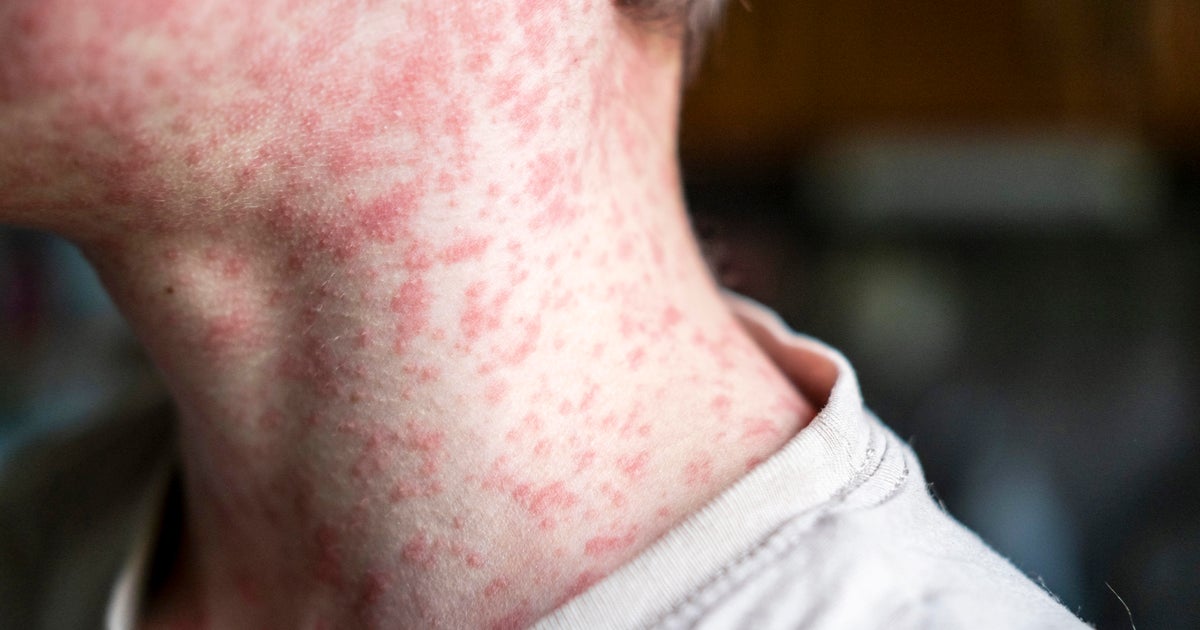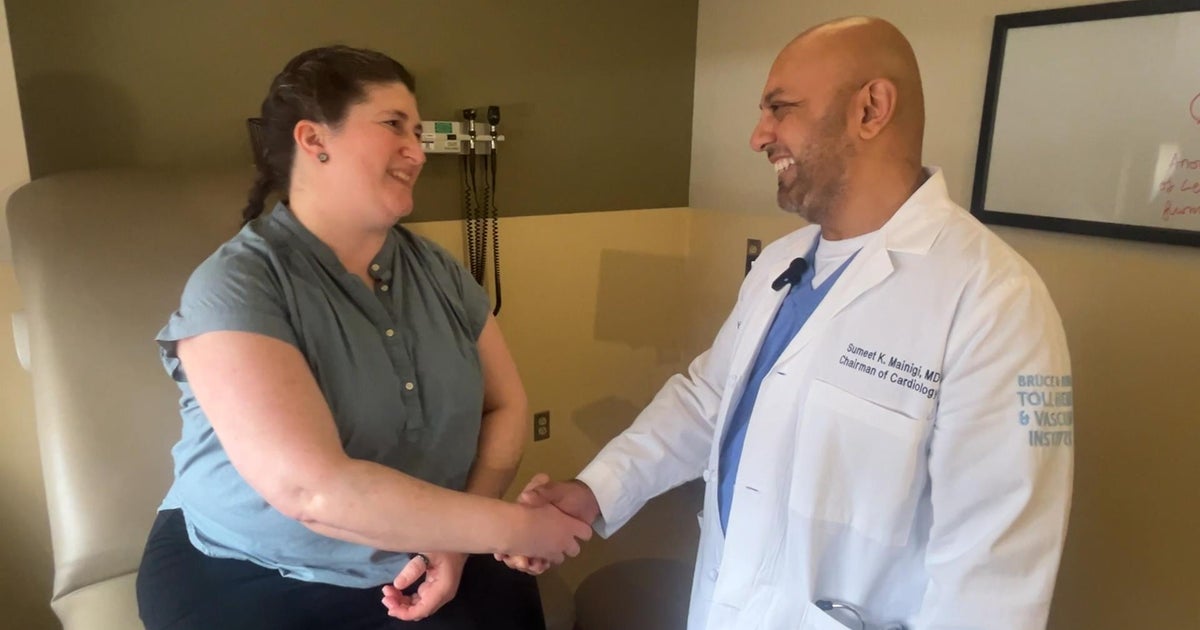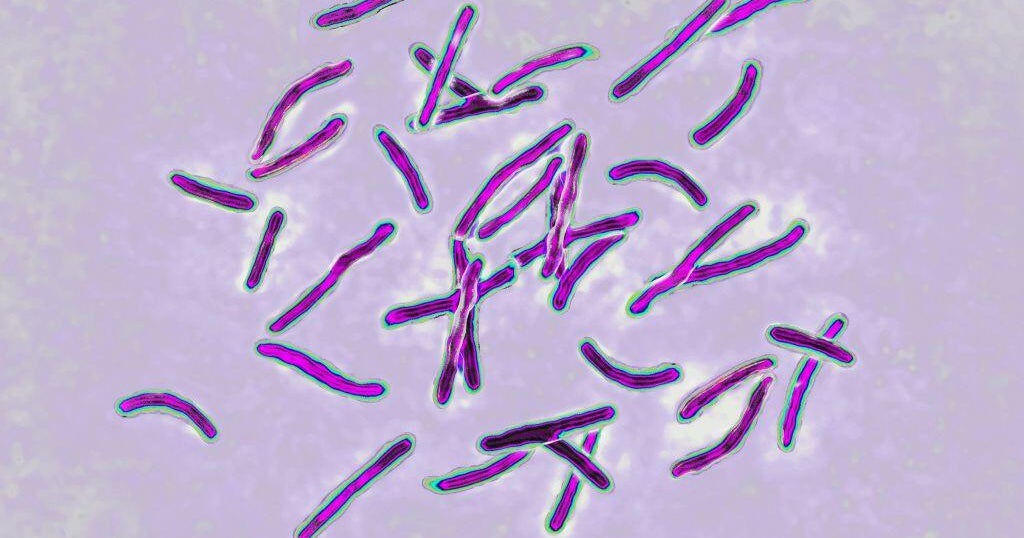HIV prevention among women becomes federal focus
NEW YORK - People who are HIV-positive are living longer, fuller lives with advancing treatment options, but what you don't know can hurt you. The CDC reports about 40% of new transmissions come from people who don't even know they have the virus.
There's a new federal focus on prevention among women. The organization GMHC, formerly known as Gay Men's Health Crisis, also helps a patient population that often feels forgotten.
"I thought, oh, that's, that's another issue that doesn't affect me, and now I'm living this life now of being an HIV-positive woman," said Niko Flowers, who contracted HIV from her fiancé when she was 19 years old.
"When I first got diagnosed, I didn't have anybody," Flowers said. "It was very fearful, very lonely. And it was like I was holding this, like, big, great secret that I was afraid to tell anybody."
The CDC reports most women living with the virus contracted it from a male partner. Latest federal data shows Black women are being infected at the greatest rates.
Flowers found support at GMHC, where she met Yolanda Santana.
"Being in these groups with the women has helped me have friends," Santana said, "because I needed that in my life."
Santana blames her own risky behavior and drug use for putting her in danger in the '90s.
"Having the virus changed my life. It gave me life," Santana said. "I was all over the place and it kinda centered me."
Acupuncture administered on Santana's ears at GMHC helped her quit smoking and continues to curb cravings.
Clients who choose to use drugs can also receive free fentanyl testing strips and Narcan training.
"I look at GMHC as a one-stop shop, a smiley face that help you get into the next area in your life or your next goal," said Christina Melendez, who works as the senior substance use program specialist at GMHC.
Melendez lost her uncle to complications from AIDS.
"I've seen what stigma and discrimination did to him," Melendez said, "and I made a promise to then to not be that person, to want to stigmatize nobody, not judge them, but want to help them and know that there's people out there that care and they understand."
Treatment and monitoring allows Flowers to live with undetectable amounts of HIV in her blood, which keeps her from passing it to others. As a spokesmodel for the state's HIV Stops With Me campaign, she is part of a national push to reduce transmission among Black women.
"I started going out in schools and sharing my story with young people," Flowers said, "and it's been an amazing opportunity for me to even do that because now I impact young people's lives."
Cover model for POZ magazine Santana, also undetectable, found purpose in speaking about her HIV diagnosis, while battling degenerative inoperable spinal stenosis.
"I'm not going to let this get me down," Santana insisted. "I take care of me. I am in control of the virus. The virus is not in control of me."
Despite her mobility challenges, Santana shows up every year to walk.
"AIDS Walk New York is a very important day for those infected and affected," Melendez said, "and raising money, us raising money, helps us give back."
GMHC raises money to raise awareness and the support to survive.
"Even though you're HIV positive, life doesn't end and life doesn't stop and it's OK," Flowers said.
CBS News New York is proud to be a sponsor of this year's AIDS Walk, happening this Sunday, May 21, in Central Park.
Have a story idea or tip in Harlem? Email Jessi by CLICKING HERE.








